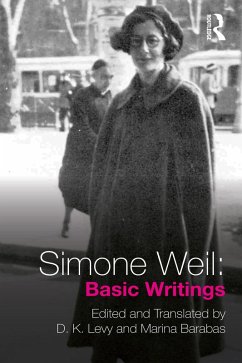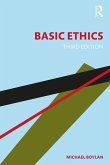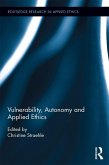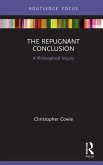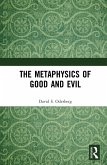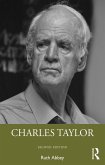Simone Weil: Basic Writings is an expertly edited anthology of Weil's most important writings, presenting her philosophy as it relates to the architecture of human nature, politics, work, necessity, beauty, goodness and God. Working from the definitive French edition of Weil's complete writings, D. K. Levy and Marina Barabas have translated the essays anew or for the first time, adding important notes and references absent from existing English language editions of Weil's work.
Following an extensive introduction that gives an overview of Weil's life and thought, each part opens with a short preface situating the selected essays within Weil's oeuvre.
Simone Weil: Basic Writings provides an excellent entry point to Weil's philosophy, as well as a reference for students and scholars of Weil's thought in philosophy and related disciplines.
Dieser Download kann aus rechtlichen Gründen nur mit Rechnungsadresse in A, B, BG, CY, CZ, D, DK, EW, E, FIN, F, GR, HR, H, IRL, I, LT, L, LR, M, NL, PL, P, R, S, SLO, SK ausgeliefert werden.
'In her meditations on justice and violence, hope and despair, greatness and humility, the natural and the unnatural, and power and human helplessness, Simone Weil has given us a philosophy for all times, but one that is especially timely in our present crises. For this thoughtfully chosen selection from her work, and their careful and learned commentary on it, Levy and Barabas deserve the gratitude of us all.' - Sophie Grace Chappell, Open University, UK
'These fresh translations do justice to Weil's prose, a window aspiring to transparency like Weil's life itself. Attention, too, is focused on the rigor of Weil's thinking, rooted in the ideal world of Plato and mathematics, while never abandoning the "real world" and the need for a universal justice to uncover its beauty. If the beauty of mathematical science did not reflect the beauty of the world "the real world would be like an ugly body in beautiful clothing", wrote the great logician Kurt Gödel. As this collection demonstrates, Weil would have agreed.' - Palle Yourgrau, Brandeis University, USA

